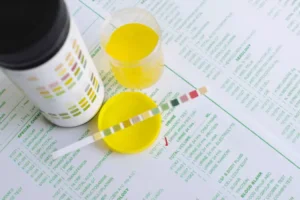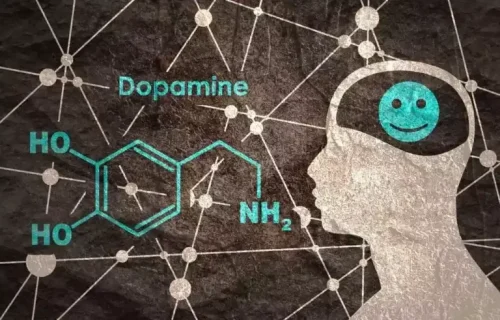
It is unclear if distilled alcohol made from corn is safe for people with corn allergies. To date, there is little strong evidence of this, though distillation is likely to leave behind only negligible amounts of the proteins from the corn, if any. Avoiding alcohol is the only sure way to prevent an alcohol-related reaction. Alcohol-induced respiratory symptoms are common in patients with aspirin exacerbated respiratory disease. But there aren’t any tests for sulfite or histamine sensitivity. Aldehyde is toxic, and buildup is one of the key reasons people develop symptoms of a hangover.

Alcohol Rash & Hives Pictures
Although true alcohol allergies are uncommon, they can still occur, leading to severe reactions such as rashes, difficulty breathing, stomach cramps, collapse, and even anaphylaxis. This is present in many alcoholic drinks, particularly red wines, and can cause headache, flushing, nasal symptoms, gut symptoms or asthma. Some people are particularly intolerant of histamine because of a deficiency in the breakdown and elimination of histamine from the body. While the main ingredient in beer is water, people with beer allergy symptoms are often sensitive to beer ingredients like wheat, yeast, sulfites, and histamine. Those who notice an increase in their asthma symptoms after drinking alcoholic beverages, especially wine, might be reacting to potassium metabisulfite, a common preservative. Many foods, including red wine and aged cheese, are high in histamine.
Can you suddenly develop alcohol intolerance?
A group of sulfur-containing compounds known as sulfites occurs naturally in wine and beer. Some vintners add more sulfites to wines because they act as preservatives. Things get more complicated when it comes to distilled alcohol. Gin, vodka, and whiskey are all made from gluten-containing grains such as wheat, rye, and barley.
Reactions to Alcohol
- People can develop an alcohol intolerance for a couple of reasons.
- If you do not have a history of skin allergies, it’s important to work with a healthcare provider to learn what is causing your rash so you can avoid it and prevent future reactions.
- This will depend on the type of reaction, how easy it is to avoid the trigger, and whether or not the person seeks treatment.
- A food allergy is an abnormal immune reaction to things we eat, while a food intolerance is an adverse reaction to food that does not involve the immune system.
- Always consult a healthcare professional for personalized advice.
- Some conditions might not cause discoloration on darker skin so if you’re unsure, see a dermatologist who can make the proper diagnosis.
These complications can vary in severity, ranging from mild intolerances to more severe allergies and other adverse effects on the body. It is essential for individuals to be mindful of their alcohol intake and its potential impact on their health. Older adults, on the other hand, might experience a sudden onset of alcohol intolerance as they age. This can be attributed to a decrease in the activity of alcohol dehydrogenase, an enzyme crucial for alcohol metabolism. However, further research is necessary to pinpoint specific age groups and understand the complex factors contributing to the development of alcohol allergies and intolerance.

What are the symptoms of alcohol allergy?
It’s important to accurately diagnose this condition as it can help in formulating the right treatment plan. Alcohol can act as a skin irritant, leading to allergic contact dermatitis. whiskey allergy rash This condition occurs when the skin comes into direct contact with an allergen, causing a rash. If you’re prone to this condition, consuming alcoholic beverages can cause a skin rash.
- If you experience headache, flushing, itching, or congestion after drinking red wine, it may be because you have histamine intolerance.
- There currently isn’t much research to explain why alcohol can bring on redness or discoloration and itching, but that doesn’t make the symptoms any less real for people who have them.
- With careful avoidance of common triggers, a person can successfully manage and prevent rashes caused by allergic reactions.
- Cosmetics, sunscreen, shaving lotion, and perfume can trigger this kind of reaction.
- Many of these rashes can be resolved with proper treatment, except in the case of inside-out rashes caused by genetics.
- If you have an extreme sulfite sensitivity or are at risk of anaphylaxis, you will need to carry an EpiPen to self-inject yourself with epinephrine (adrenaline) in the event of an emergency.
- The most common signs and symptoms are stuffy nose and skin flushing.
- If a person is allergic to a particular ingredient found in some drinks, they could switch to drinks that do not contain it.
Skin cancer
